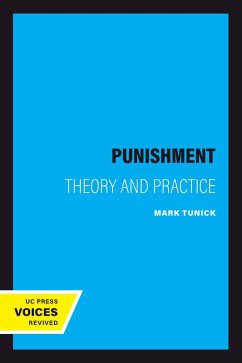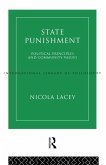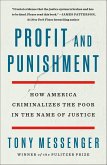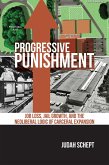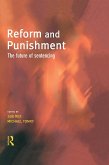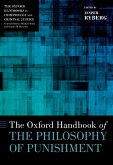What actions should be punished? Should plea-bargaining be allowed? How should sentencing be determined? In this original, penetrating study, Mark Tunick explores not only why society punishes wrongdoing, but also how it implements punishment.
Contending that the theory and practice of punishment are inherently linked, Tunick draws on a broad range of thinkers, from the radical criticisms of Nietzsche, Foucault, and some Marxist theorists through the sociological theories of Durkheim and Girard to various philosophical traditions and the "law and economics" movement. He defends punishment against its radical critics and offers a version of retribution, distinct from revenge, that holds that we punish not to deter or reform, but to mete out just deserts, vindicate right, and express society's righteous anger. Demonstrating first how this theory best accounts for how punishment is carried out, he then provides "immanent criticism" of certain features of our practice that don't accord with the retributive principle.
Thought-provoking and deftly argued, Punishment will garner attention and spark debate among political theorists, philosophers, legal scholars, sociologists, and criminologists.
This title is part of UC Press's Voices Revived program, which commemorates University of California Press's mission to seek out and cultivate the brightest minds and give them voice, reach, and impact. Drawing on a backlist dating to 1893, Voices Revived makes high-quality, peer-reviewed scholarship accessible once again using print-on-demand technology. This title was originally published in 1992.
What actions should be punished? Should plea-bargaining be allowed? How should sentencing be determined? In this original, penetrating study, Mark Tunick explores not only why society punishes wrongdoing, but also how it implements punishment.
Contending that the theory and practice of punishment are inherently linked, Tunick draws on a broad range of thinkers, from the radical criticisms of Nietzsche, Foucault, and some Marxist theorists through the sociological theories of Durkheim and Girard to various philosophical traditions and the "law and economics" movement. He defends punishment against its radical critics and offers a version of retribution, distinct from revenge, that holds that we punish not to deter or reform, but to mete out just deserts, vindicate right, and express society's righteous anger. Demonstrating first how this theory best accounts for how punishment is carried out, he then provides "immanent criticism" of certain features of our practice that don't accord with the retributive principle.
Thought-provoking and deftly argued, Punishment will garner attention and spark debate among political theorists, philosophers, legal scholars, sociologists, and criminologists.
This title is part of UC Press's Voices Revived program, which commemorates University of California Press's mission to seek out and cultivate the brightest minds and give them voice, reach, and impact. Drawing on a backlist dating to 1893, Voices Revived makes high-quality, peer-reviewed scholarship accessible once again using print-on-demand technology. This title was originally published in 1992.
What actions should be punished? Should plea-bargaining be allowed? How should sentencing be determined? In this original, penetrating study, Mark Tunick explores not only why society punishes wrongdoing, but also how it implements punishment.
Dieser Download kann aus rechtlichen Gründen nur mit Rechnungsadresse in A, D ausgeliefert werden.

